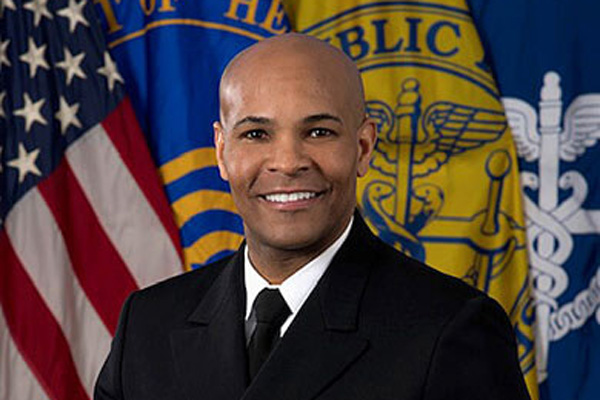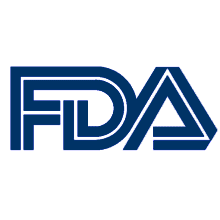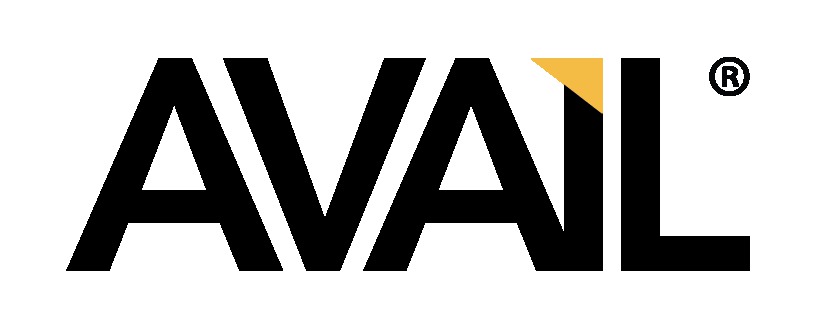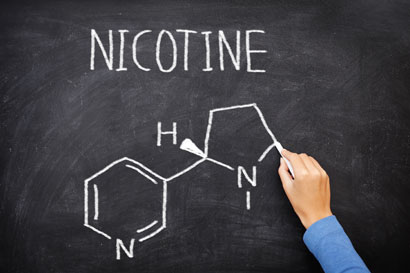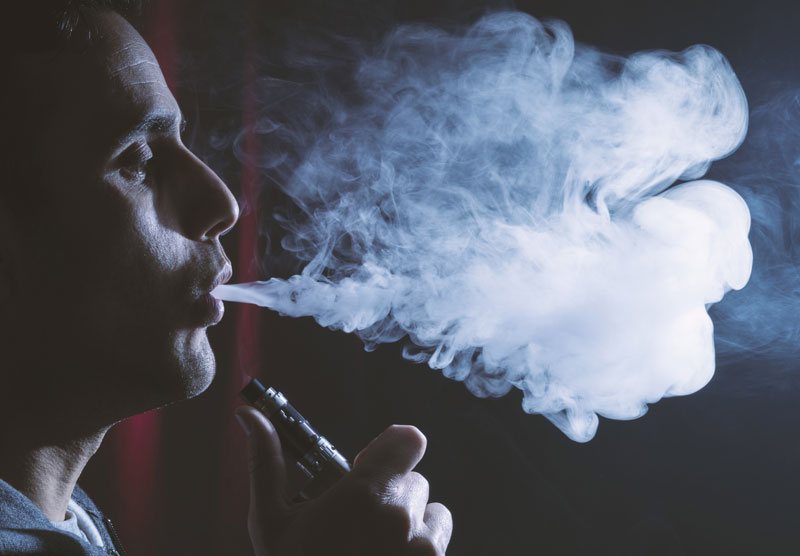There is presently inadequate evidence to conclude that e-cigarettes promote smoking cessation, according to a recent report by the U.S. Surgeon General.
“E-cigarettes, a continually changing and heterogeneous group of products, are used in a variety of ways,” the report states. “Consequently, it is difficult to make generalizations about efficacy for cessation based on clinical trials involving a particular e-cigarette, and there is presently inadequate evidence to conclude that e-cigarettes, in general, increase smoking cessation.”
However, during a press conference, Surgeon General Jerome Adams acknowledged anecdotal evidence for the efficacy of e-cigarettes as a quit-smoking aid.
“I’ve heard powerful accounts from individuals who have used e-cigarettes to quit smoking traditional combustible cigarettes, and there are some studies that are actually reviewed in this report documenting that certain types of e-cigarettes may be associated with quitting in some adult smokers,” he told reporters.
“But it’s also important that we use the entire body of available science to guide our current recommendations,” said Adams.
Released on Jan. 23, the new Surgeon General report is the first since 1990 to focus solely on quitting smoking, which it says is beneficial at any age.

